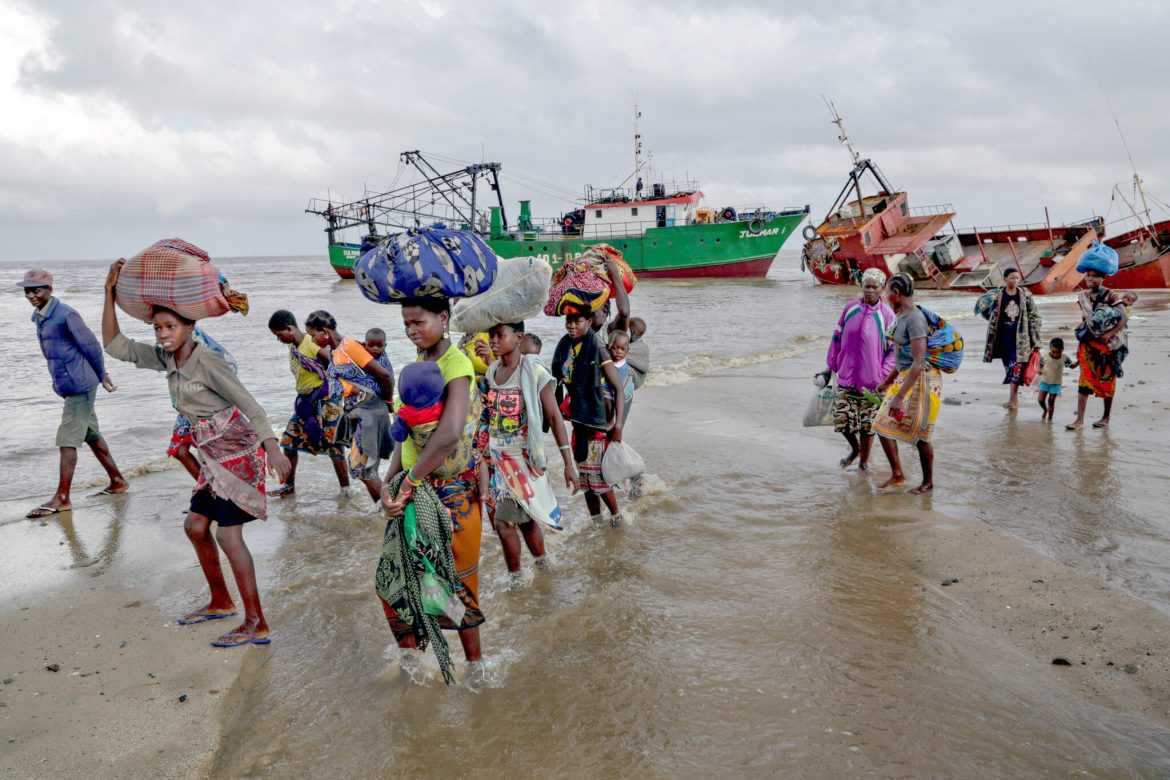Former president of the Maldives, Mohamad Nasheed, has said that at least twenty countries most vulnerable to climate change are considering halting their repayment of $685 billion in collective debt, loans that they consider “injustice”.
Nasheed was quoted as saying that he would tell officials that the nations were weighing whether to stop payments on their debts when the World Bank and the International Monetary Fund conclude their annual meetings in Washington on Sunday.
However, finance ministers are calling instead for a debt-for-nature swap, in which part of a nation’s debt is forgiven and invested in conservation.
Read also: US, others back ‘fundamental reform’ of World Bank to scale climate finance
“We are living not just on borrowed money but on borrowed time,” Nasheed was quoted as saying”. “We are under threat, and we should collectively find a way out of it.”
Nasheed, who brought global attention to his sinking archipelago nation in the Indian Ocean by holding an underwater cabinet meeting in 2009, said that poor nations were locked in a Sisyphean trap: they must borrow money to ward off rising seas and storms — only to see disasters made worse by climate change destroy the improvements they make. But the debt remains, and often countries are left to borrow once again.
A spokesman for the World Bank Group, David Theis said that the banks recognized that climate change is having a disproportionate impact on poor and small-island developing nations.
He added that the banks remain “committed to comprehensive debt solutions that bring real benefits to people in poor countries, particularly countries with high debt vulnerabilities that lack the financial resources to deal with the challenges they face.”
The debt discussions at the I.M.F. and World Bank meetings is coming as diplomats from nearly 200 countries prepared for global climate change negotiations in November.
The United Nations conference, which will take place in Sharm el Sheikh, Egypt, will focus heavily on whether wealthy nations most responsible for the carbon dioxide emissions driving climate change should compensate poor countries that are suffering the worst impacts.
Reports show that many developing countries and low-lying island nations are pressing for the creation of an international fund that would compensate them for losses and damage caused by climate change.
The United States, Europe and other wealthy countries that are known to have historically emitted the bulk of greenhouse gases have also opposed the creation of such a fund, in part because they fear being held legally liable for skyrocketing disaster costs.
“In all honesty, the most important thing that we can do is stop, mitigate enough that we prevent loss and damage,” John Kerry, the United States special envoy for climate change, was quoted as saying at an event last month.
Story was adapted from the New York Times.
